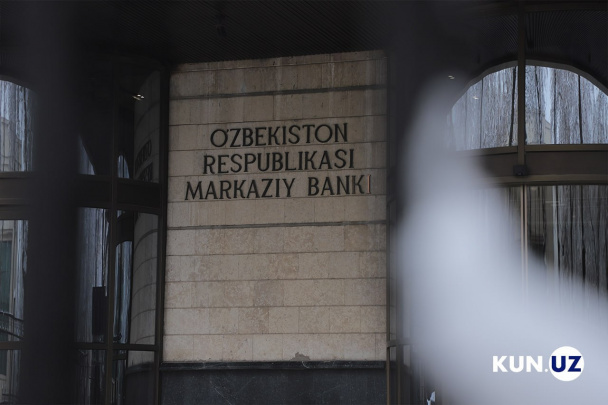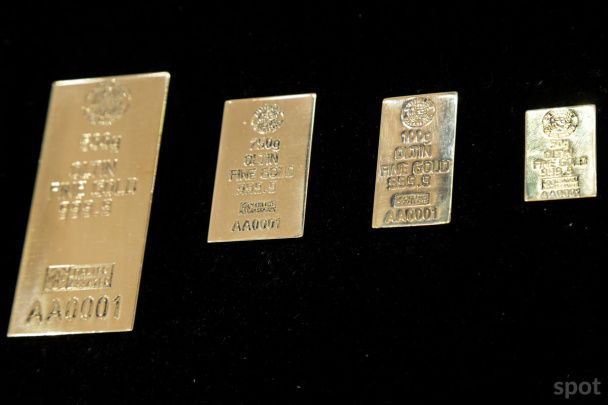Central Bank provides info about gold and foreign exchange reserves of Uzbekistan
The volume of international reserves is sufficiently formed in order to ensure the stability of the national monetary and financial system of the country and increase the confidence of foreign investors, as well as the implementation of monetary policy and the continuity of settlements on international transactions. The accumulation of international reserves is not the main goal.

Photo: AP
CB press service reported in the, commenting on various reports on the gold and foreign exchange reserves of Uzbekistan.
In addition to the funds of the Central Bank, the international reserves of Uzbekistan include the funds of the Fund for Reconstruction and Development, as well as the Ministry of Economy and Finance. According to international standards, the right to use them is at the discretion of these organizations and under the jurisdiction of the Central Bank.
According to the Central Bank, the volume of international reserves compared to 2017 is $9.3 billion, an increase of 35.3%. This situation is explained by an increase in the amount of monetary gold in international reserves by 67 tons during 2017-2022 and an increase in the price of gold from $1,159.1 at the beginning of 2017 to $1,812.4 at the end of 2022. In this case, the impact of changes in the price of gold on the size of international reserves is $6.9 billion.
As a result, the share of monetary gold in the structure of international reserves increased from 46% compared to 2017 to 64% as of January 1, 2023, while the share of foreign exchange decreased from 53% to 36%.
In the current geopolitical uncertainty, gold is recognized as a safe asset in international transactions, and during global economic crises, high inflationary pressures and geopolitical conflicts, investors demand gold as a safe asset and a hedge against inflation, and this, in turn, contributes to the increase in the price of gold.
The size of Uzbekistan's international reserves fully complies with the minimum requirements of indicators used in international practice to assess the adequacy of reserves. In particular, the ratio of international reserves to broad money as of July 1, 2023 was 204%, which is 10 times more than the minimum requirement of 20%.
At present, according to the experience of developing countries, as the economy develops, the volume of imports also increases. In recent years, the import of machine tools and technologies has been increasing for the implementation of investment projects and production purposes, the import of consumer goods with an increase in the income of the population, the import of services with an improvement in economic activity in Uzbekistan. In particular, the volume of imports in 2017 amounted to $14 billion, and by 2022 it amounted to $30 billion, that is, an increase of 2.1 times.
In 2021-2022, there was an increase of 20-22% in the nominal volume of GDP, and a corresponding growth rate of 20-21 percent was recorded in the volume of imports. The decrease in the ratio of international reserves to them in the context of high growth rates in imports was the factors that formed the level of international reserves to cover 11.3 months of imports as of July 1, 2023. This is almost 4 times the minimum requirement (minimum requirement 3 months).
Available international reserves fully cover the short-term external debt of Uzbekistan, the repayment of which is expected during 2023, and today it is 5.1 times the minimum requirement (IMF recommendation - at least 100%).
Compared with the indicators of the main countries of foreign trade partners, the share of Uzbekistan's international reserves in GDP is relatively high. In particular, the ratio of international reserves to GDP in Uzbekistan is 44%.
Related News

15:53 / 26.05.2025
Central Bank raises inflation forecasts amid energy tariff hikes

14:13 / 22.05.2025
Uzbekistan’s foreign trade hits $24.6 billion, with gold exports surging to $5.48 billion in just four months

14:21 / 21.05.2025
Why meat is getting more expensive in Uzbekistan: A look at regional and domestic factors

15:42 / 20.05.2025



